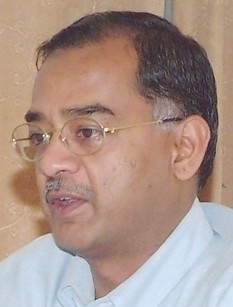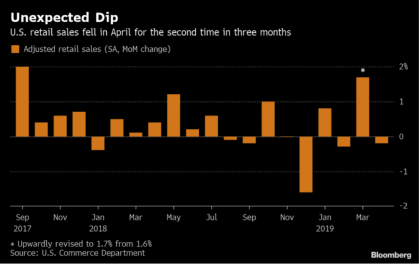By Prashant Agarwal
Sentinel Public Relations
A study conducted by the Cotton Textiles Export Promotion Council, (Texprocil) has revealed that India’s cotton yarn exports are meeting their targets barring the seasonal fluctuations generally witnessed every April and in spite of high raw cotton prices.
Figures of this trade group show that India exported 1,082 million kilograms of cotton yarn valued at US$ 3.75 billion in the first 10 months (April – January) of fiscal year 2013-14. It is estimated that cotton yarn export for the full fiscal year 2013-14 would be around 1,350 million kilograms worth US$ 4.70 billion. The high quality of Indian yarn is ensuring firm orders for Indian mills from the international markets.
Exports of cotton yarn dropped during the last three years in the month of April and it happened in 2014 too. One of the reasons in addition to the high year end exports is the temporary high cotton prices during this period. Last year as well as this year during the month of March and April, Indian cotton prices went above the international prices for cotton up to 40s count. Current Indian prices are higher than international prices and good quantity imports of 1 1/8 inch cotton are taking place.
There is an increasing anxiety in the industry due to recent developments in Chinese cotton policy. China is major importer of cotton and cotton yarn from India. Presently, the price difference between Indian and Chinese cotton is quite high with the Indian yarn selling at much lower prices. Prices of Indian cotton yarns after payment of duty and taxes in China are very much lower than the Chinese domestic yarn prices
Manikam Ramaswami, chairman of Texprocil, said recently: “Given the better quality produced by Indian mills there will always be good exports of Indian yarns taking place, even if the difference between Chinese cotton prices and international cotton prices narrows down substantially. Indian mills need not fear a drop in yarn exports happening beyond the seasonal fluctuations. However profitability of exports will depend upon our price parity with international cotton prices.”
Established in 1954 as an autonomous, nonprofit body dedicated to promotion of exports, Texprocil facilitates the exports from India of raw cotton, cotton yarns and blended yarns, woven and knitted fabrics, home textiles and technical textiles.
The Council provides export promotional services to over 3,500 members including composite mills, spinning units, weaving units, knitting units, process houses and merchant exporters who collectively generate billions of dollars of turnover.








